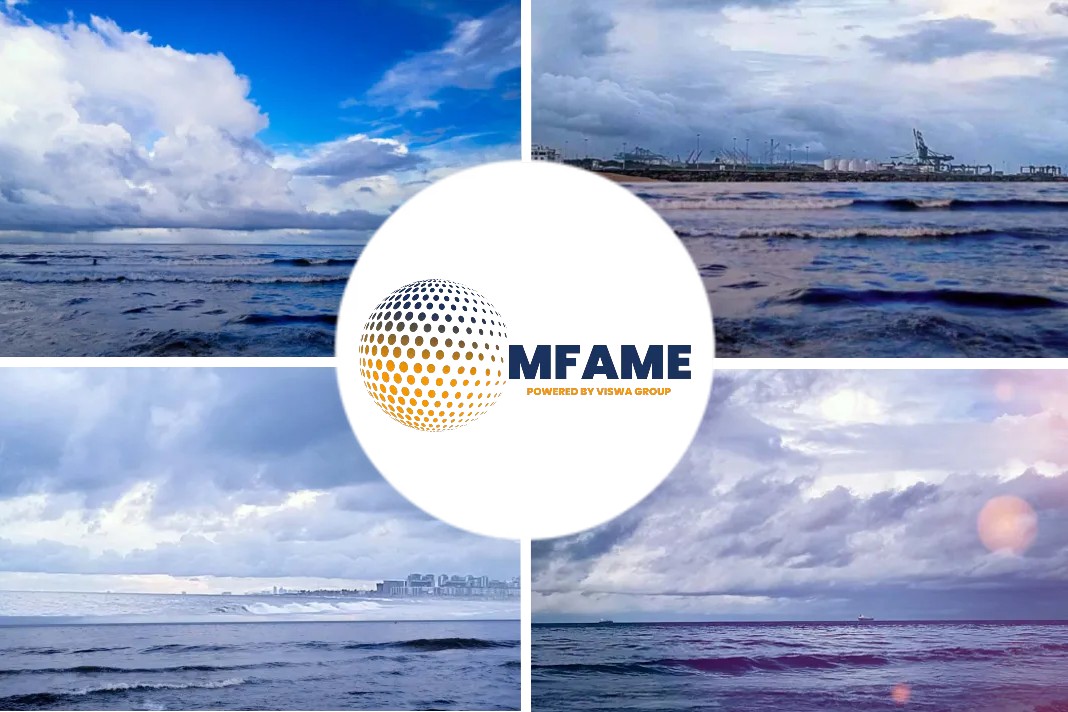
A market-first methanol-fueled vessel design with applications in the offshore wind, commercial workboat, and leisure sectors will be developed and tested by Chartwell Marine and consortium partners Boat Electric & Electronics and Engineered Marine Systems thanks to a £320,000 Innovate UK Smart Grant awarded to the vessel designer, as reported by OE Digital.
Sustainable fuel choices
“In a maritime industry that is grappling with the question of sustainable fuel choices, methanol fuel presents a big opportunity to decarbonize because it can be produced from biomass and has a nearly carbon-zero carbon footprint. While pure hydrogen continues to be impractical and ammonia has raised worries about its toxicity to animals, methanol can be kept safely and effectively under normal air circumstances, and spills very slightly harm the local aquatic ecology “, says Chartwell Marine.
Carbon emissions
“Despite being only half as energy-dense as diesel, methanol may use fuel cells and reforming technologies to produce energy with almost no carbon emissions. Although methanol reforming technologies are already commercially available, they have not been extensively evaluated in the construction of commercial or recreational vessels “, The business stated.
The company is in a good position to use the knowledge enabled by the Smart Grant to open a path to methanol’s viability as a fuel in wider maritime contexts, such as offshore wind support, alongside the commercial workboat and leisure vessel industries, by applying the technology to a medium-sized vessel with Chartwell’s signature multi-hull design philosophy, it said.
Alternate fuels
Chartwell Marine’s Director and Naval Architect, Andy Page, said: “We’re appreciative of Innovate UK for the chance to further explore the viability of methanol-based propulsion. In the UK offshore wind sector, as a company, we have delivered over 30% of hybrid vessels, all outfitted with the most cutting-edge electric-diesel hybrid technology.”
That provides us with a fantastic starting point to advance methanol meaningfully and overcome some of the difficulties we’ve encountered in the research and development of alternative fuels, which may take a while to reach full viability. Methanol still faces challenges, of course, including the absence of onshore refuelling infrastructure, weight difficulties, and fully efficient energy conversion, to mention a few.
However, with the proper funding and construction partners, we can attack these issues and develop a proof-of-concept methanol vessel that is economical, well-engineered, and hydrodynamically optimised for deployment anywhere in the world.
Did you subscribe to our newsletter?
It’s free! Click here to subscribe!
Source: OE Digital














